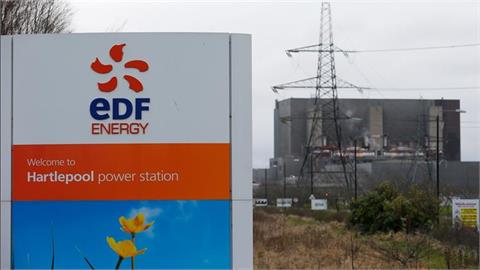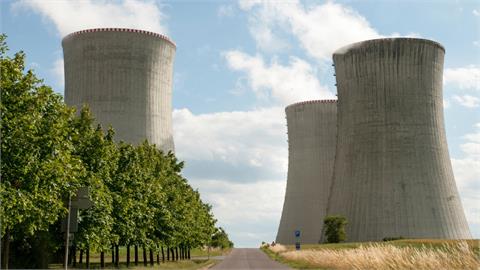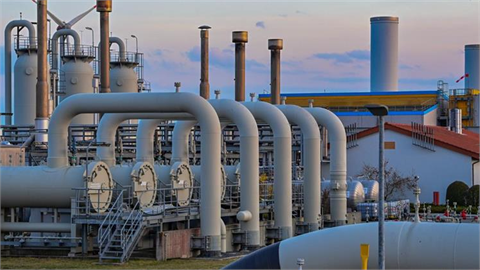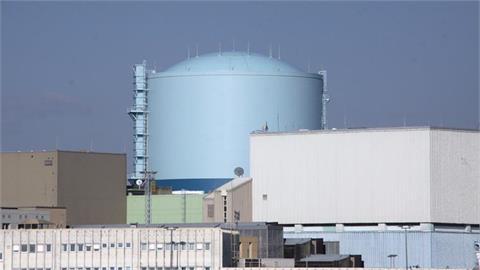The City of Zagreb will reconstruct 40% of public lighting using a public-private partnership model in a project worth EUR 42 million. The project is part of the strategy of the Croatian capital to become the Smart City of Zagreb.
The Croatian capital aims to increase the energy efficiency of the public lighting system and reduce its negative impact on the climate. With the project to replace 40% of public lighting, Zagreb is preparing to become a smart city, said the Regional Energy Agency of Northwestern Croatia – REGEA, the project’s developer, also responsible for its operational management.
The endeavor is valued at EUR 42 million.
Once the project is implemented, the City of Zagreb will achieve savings in maintenance and operating costs of public infrastructure and savings in electricity consumption of about 75% or 21 GWh per year.
The reconstruction of the public lighting system in Zagreb will also reduce CO2 emissions by about 5,000 tons annually, REGEA added.
Energy performance contracting guarantees cost-effectiveness
The modernization of the public lighting system follows the model of energy performance contracting (EPC).
Under such a contract model, a private partner, which is still unknown, independently designs, finances, and performs works on the reconstruction of public lighting and guarantees the realization of the agreed standards. The EPC is valid for seventeen years – two years are for the design preparation and work execution, and during the next fifteen, the partner will provide public lighting services.
The program is being implemented with the help of the European Local Energy Assistance (ELENA) program and the RePubLEEc project.
Explaining the benefits of this model for Zagreb, REGEA says that the city won’t take on debt for the project but that it will instead be “financially relieved,” adding that the quality of public lighting will increase. The entire investment will be returned from the savings in electricity costs. The City of Zagreb will not have to plan an increase in expenditures for the project – but a decrease.
Such an EPC contract, a so-called pay-per-performance scheme, guarantees execution and protects public money. If the agreed standards aren’t met, the monthly fee is automatically reduced, which is not in the interest of the private partner, the statement said.
It will be possible to install sensors on luminaires
The contract also envisages the opening of a management and supervision center for the public lighting system. The local authority will have communication and supervision tools, and it will be able to control the lamps in real-time and register malfunctions and energy consumption.
Each luminaire in the system will be designed in a way to be able to fit different sensors: those for noise, air temperature, humidity, traffic flow, brightness, and electric vehicle charger monitoring, but also communication antennas. Altogether those are opportunities that lead towards the creation of a Smart City application.
Previously, an agreement was concluded with the European Investment Bank within the financial instrument ELENA on co-financing the costs of preparing technical documentation and preparing the Reconstruction of Public Lighting in Zagreb City Area (RePubLEEc) project. The preparatory project is under implementation from 2018 to 2021. Energy-efficient renovation of public lighting is part of the Smart City of Zagreb strategy, developed within the intelligent energy and utility management services segment.
(balkangreenenergynews.com, November 15, 2021)



